Women are harnessing their right to customary landownership, guaranteed in the Land Rights Act. The DayLight/Harry Browne
By Matenneh Keita
JORPOLU, Bong County – In the 1980s and 90s, Annie Wehyee’s relatives did not allow her to make a farm on a plot of land in their father’s hometown of Dehyipa in the Sanniquellie-Mahn District of Nimba County. Her brothers would root up her crops and say she had a land right.
Fast-forward to 2018, the Land Rights Act was established, granting women equal access to customary land with men. Then Everything changed for the better.
“The part [of the law] that makes me happy is that we have the right to own our property, especially land,” says Wehyee, now the Chief of Sehyi, one of the district’s clans.
“Before then, women used to be men’s property but right now we are not men’s property. We can own our own properties,” Wehyee adds. She is from attending this year’s climate change summit in Azerbaijan, representing rural people.
Like Wehyee, rural women are enjoying their right to customary landownership following generations of deprivation. Moreover, they are making decisions for their communities.
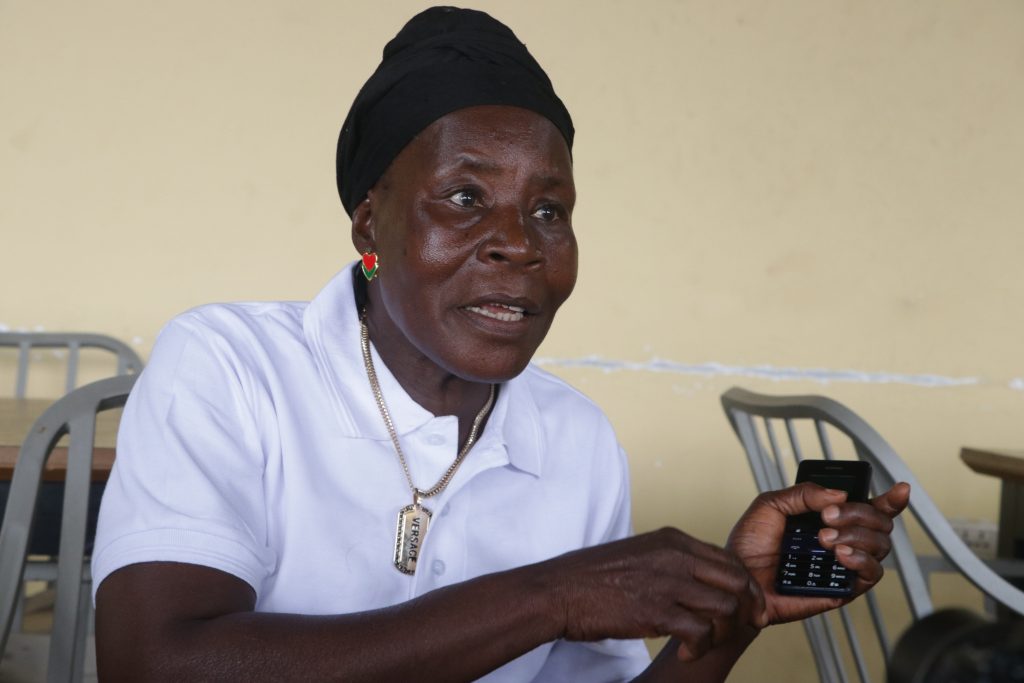
The Liberia Land Authority’s records show over 282,300 women and 269,400 men in rural communities countrywide, a difference of 12,900. One hundred and sixty of these communities are seeking customary deeds.
Cornerstone
The Land Rights Act is famed internationally for granting women’s rights to ancestral land. The law made history by recognizing local people’s land ownership, based on their customs, traditions and histories.
Loretta Pope-Kai, the executive director of the Foundation for Community Initiatives (FCI), which campaigns for women’s rights in the land and forestry sectors, says, “Land is more than just a resource. It is the cornerstone of our identity, culture and livelihood.”
Under the law, a community seeking a customary deed must form a governance body. That body, a community land development and management committee (CLDMC) must consist of women.
Wehyee is not a member of Seyhi’s CLDMC but Eva Kpandah is the chairperson of Palama Clan’s in Salayea District, Lofa County. Kpandah is one of many rural women who hold such positions countrywide. Palama has a boundary with Valvala and Gbarlain Clans.
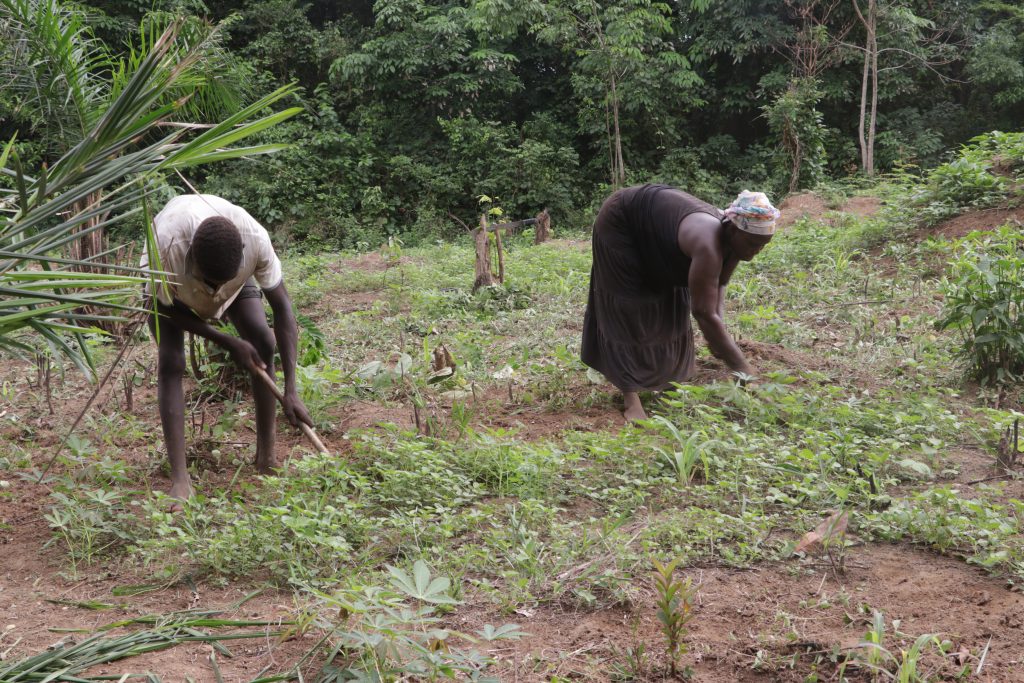
Kpandah recalls as a young woman, she was excluded from land matters in the very clan she would one day lead. She says she has the support of all the men in Palama and beyond.
“Before then, when men used to be discussing land matters, women were not allowed to be around. We just to bend down (greet) and pass,” she tells The DayLight in an interview in Ganglota, where she lives.
“I can feel proud because if today I can see myself sitting among a group of men and women leading them, I feel happy,” she adds.
‘I am happy’
The land benefits women economically, according to Daniel Wehyee (no relations to Annie Wehyee), a campaigner with the Sustainable Development Institute (SDI), which works with 46 communities.
The Land Rights Act helps communities fight land grabs by giving them ownership of ancestral territory.
Rural communities are endowed with resources: iron ore and forest in the Sehyi Clan, gold and one of Liberia’s largest woodlands in Palama. With a deed, they can enter concession agreements as a party, not just mere custodians of the land.
“As long as I have my deed and you are coming on my land, there will be an agreement between us,” says Theresa Wleh of Lower Bokon Clan. Lower Bokon clan is located in the Jaedae District, Sinoe County, on the border with Grand Kru.
Wleh recalls during her ancestors’ time, they did not know the system. She felt bad when companies came to use the land. Whatever the users of the land would love to do was what they did with the land.
Her collective experience aside, Wleh has also benefited from the new law as a person. Her husband died years ago, leaving her with three children. Her in-laws did not repossess the land as in many cases in the past.
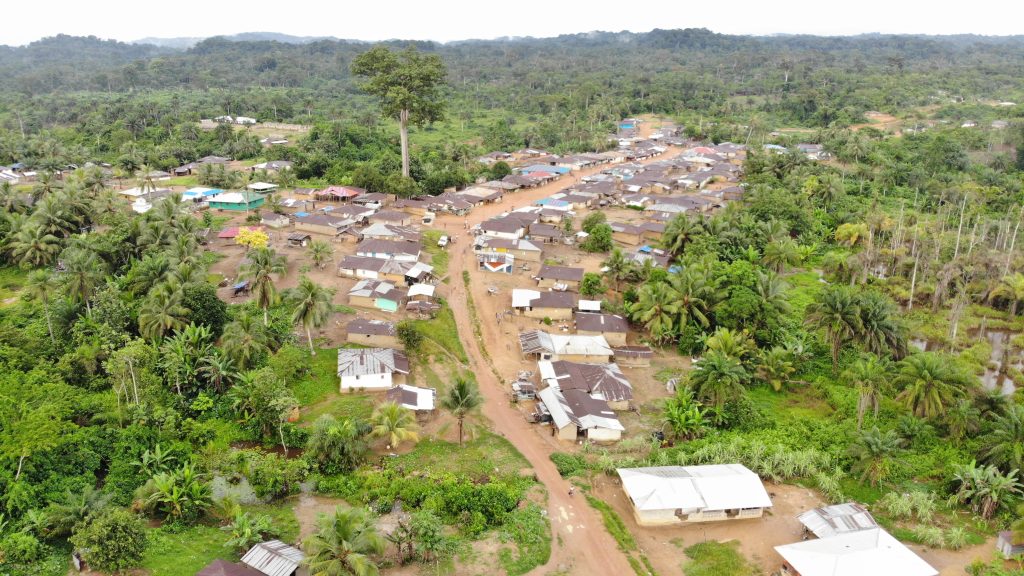
“The reason that I am happy is since [my husband died], I am still sitting down here. When you want to move me, my kids are here,’’ Wleh says.
Gormah Johnson, a widow in Jorpolu Clan, Bong County, enjoys the same rights as Wleh. After the death of Johnson’s husband, his family left the land for her and her children. A rubber plantation her late husband planted is what they are surviving on.
“They make it alright for us that women [have] rights over the land,” John tells The DayLight. “The way it looks like that, I get that land with small rubber on it, I can look for somebody to tap it for me. Then I can [get something to eat].”
More women are getting involved in land matters, says Roseline Mulbah, a campaigner with Parley Liberia, a Gbarnga-based NGO. Mulbah leads Parley’s work in Quikon, a waterfall-hosting clan in Bong’s Kokoyah District. The 18-town clan embarked upon a quest for a customary land deed process last year.
Over 80 women attend a monthly awareness meeting on women’s land rights in the clan. This has allowed them to know their rights to land that have been hidden from them for generations. There is at least one female representation for every town in Quikon on the CLDMC, with some heading the body.
“Women are now seeing themselves as stakeholders in the land sector, especially customary land,” Mulbah notes.
Challenges and awareness
But all is not roses. There is a need for more awareness as many women are still being denied ownership of ancestral and familial lands.
Some women in Jorpolu Clan have that experience. Mamie Gbarpue fears being bewitched and would not demand the right to land in her husband’s hometown. Quita Leayne’s brother is stuck on the land that their father left for them. Mamie Dolo’s cousin deprives her of her share of a family plot.
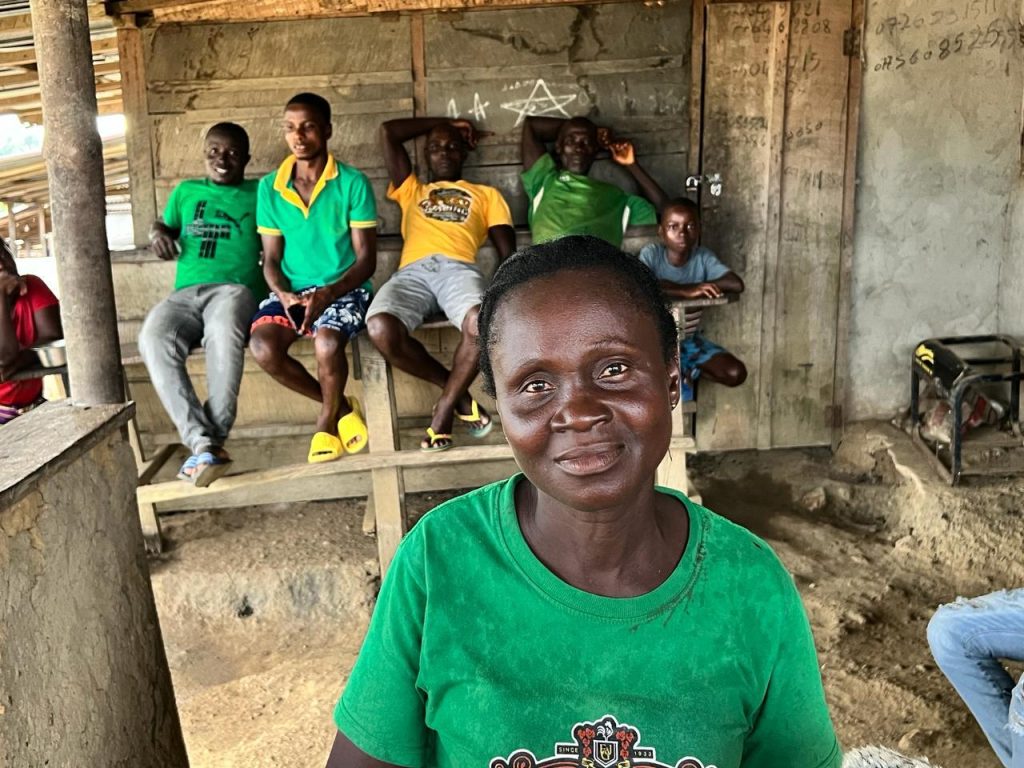
Asa Chon, the Country Manager of ForumCiv, a Gbarnga-based NGO working with five communities, is aware of such cases. Chon, however, urges them not to be discouraged despite religious and cultural obstacles.
“Change is not an event. Change is a process,” says Chon.
“We still have some pockets of resistance in terms of those who still believe should not have equal rights to land ownership as men because of religious or traditional beliefs.
“But they are not as common as they were in the past,” Chon adds.
Wehyee, the Clan Chief of Seyhi, agrees with Chon but advises women to participate in land businesses. They should appeal to their husbands to let them participate.
“Some women don’t even attend called meetings and because of this, more awareness is needed. Some women are very hard to come among people because of fear,” she adds.
“We still need to share awareness in our communities with women.”
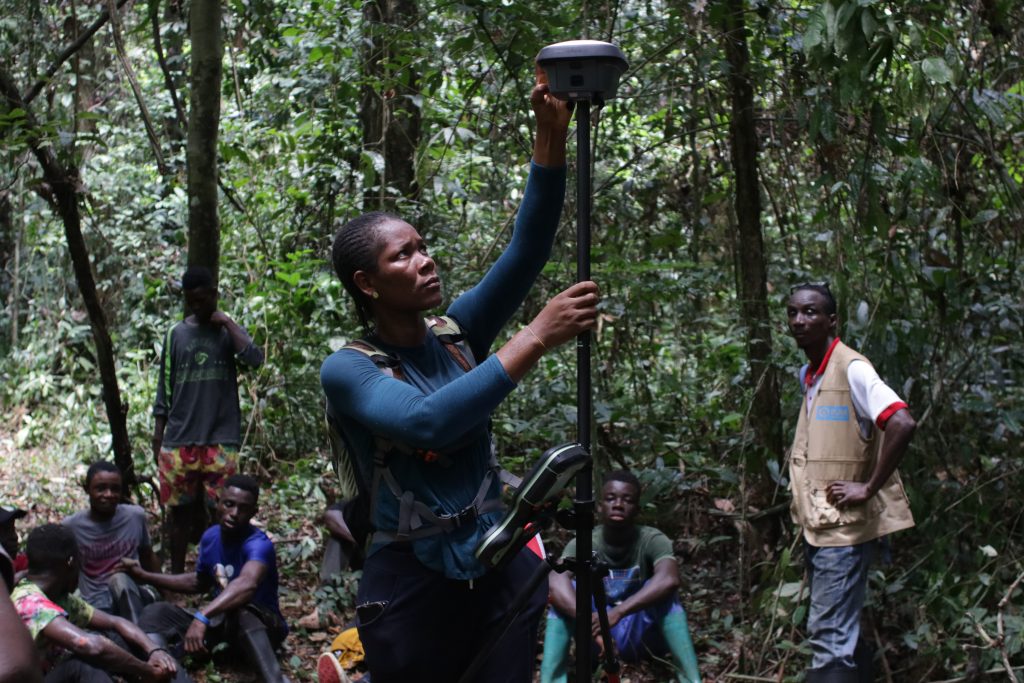

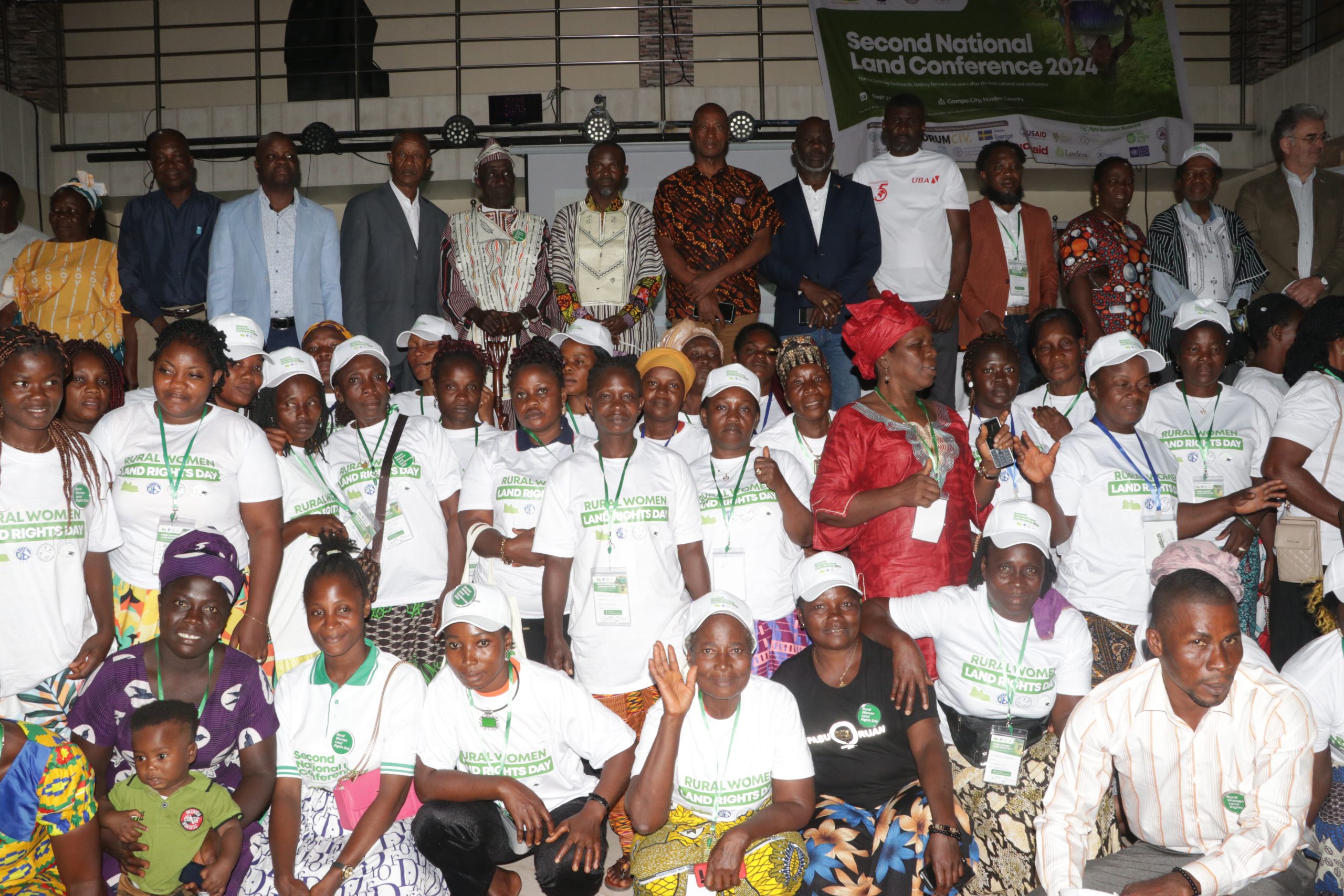
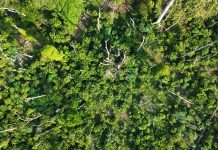
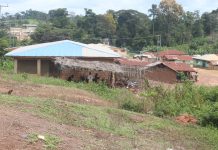
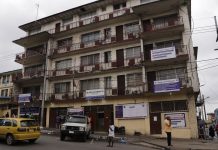
Facebook Comments